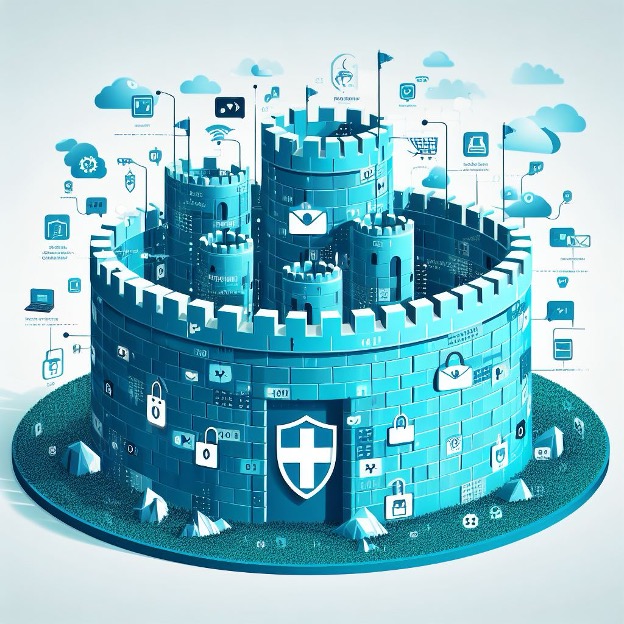Most people realize the extreme importance of training employees to recognize and avoid phishing emails. But there are other essential components.
Keep Personal Matters Out of Company Email:
Attackers sometimes gain access to websites used for personal activities like watching movies, paying utility bills, personal checking accounts, and more. Bad actors leverage this information to craft convincing email messages, enticing users to click on malicious links or open harmful attachments.
If your workers avoid using their business email for personal activities like online shopping or personal social media, then a phishing email related to these topics would immediately stand out as suspicious. They are much more likely to recognize the message as fake.
On the other hand, if they have used their business email for personal tasks like online shopping or social media, they’re at a higher risk for spear phishing when an attacker knows details about their activities. If they receive an ‘urgent message’ related to these personal tasks in their business email account, they might be more easily deceived into thinking it’s legitimate.
Worsened Notification Burden:
Another drawback of using work emails for personal matters is the heightened risk of exposing sensitive personal data. If employees use their work email to conduct personal business, such as insurance applications or other private matters, the likelihood of sensitive personal data residing on your servers increases. In the unfortunate event of a data breach, their sensitive information could necessitate you sending notification letters to affected parties, increasing your company’s expenses and vulnerability to potential lawsuits.
Personal Webmail on Company Devices is a Significant Security Risk:
The above situations refer to workers using their work address for personal use. But you must also address the issue of allowing employees to access personal webmail on company devices. IT departments have no control over the security of these personal email accounts. While your business email systems can have robust filters to block malicious links and attachments, allowing workers to access personal webmail sites can significantly reduce the overall security of your network, making your organization’s security as weak as the weakest personal email account.
To Enhance Security:
- Ask your IT Team to limit email access on company devices to approved business email servers only.
- Continuously remind employees to use their company email address exclusively for work-related matters.
- Ask your IT team to block access to all webmail sites except those essential for business. If employees need to access personal email, they should do so on their personal devices. If connectivity is an issue and you must allow employees to connect personal devices to your Wi-Fi, use a separate “guest” network instead of the primary company network.
Conclusion:
By drawing clear boundaries between personal and professional email usage, you can reduce the risk of cyber threats and help protect your company and your employees. Please tell your associates and friends; spread the word.
Subscribe to maximize your executive potential with Foster Institute’s E-Savvy Newsletter, packed with practical IT security solutions and actionable strategies for success: https://fosterinstitute.com/e-savvy-newsletter/
(Image source: Bing. Learn more at [Bing.com].)

